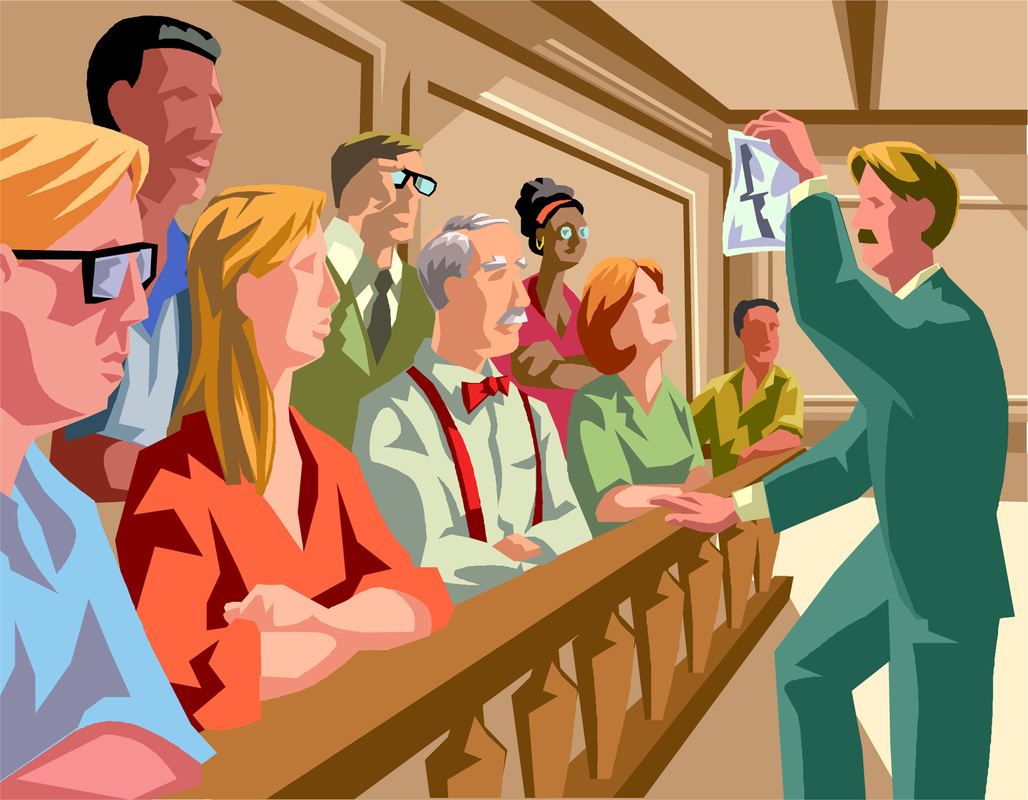A new bill signed into law by Governor Patrick this past August will not only permit Massachusetts lawyers to question jurors during the selection process, but also will allow attorneys to suggest a specific dollar amount for the jury’s verdict.
When prospective jurors are brought into a court room, they go through a process known as “voir dire” in which they are asked a series of questions about the case to identify conflicts of interest and remove biased jurors. Up until now, it was the judge who asked all the questions and many judges did not dig too deep. Often judges asked just enough questions to eliminate only the most obvious conflicts of interest – do you know the parties, or the lawyers, or any of the witnesses?
Now attorneys will get to ask the questions. We know that there are some people in the jury pool who mistakenly believe that if they award any damages at all, insurance companies will raise rates across the board. We know that some people think police officers and firefighters who are injured on the job should not be able to recover damages, because that is just part of their jobs. We now have the ability to ask the right questions during voir dire to identify jurors who may be biased, and keep them off the jury. The end result will be a better, fairer jury trial.
The new law also allows us to suggest a specific dollar amount to the jury for their verdict on damages. Juries have great difficulty putting a dollar figure on things like pain, fear about the future, and losing the ability to do things someone used to be able to do. We now have the ability to give juries guidance on translating these losses into a specific dollar amount. Lawyers in most states have been able to do these things for years. These two changes will help us as we work to bring just and fair compensation to our clients.
- Paul Johnson, Esq.
When prospective jurors are brought into a court room, they go through a process known as “voir dire” in which they are asked a series of questions about the case to identify conflicts of interest and remove biased jurors. Up until now, it was the judge who asked all the questions and many judges did not dig too deep. Often judges asked just enough questions to eliminate only the most obvious conflicts of interest – do you know the parties, or the lawyers, or any of the witnesses?
Now attorneys will get to ask the questions. We know that there are some people in the jury pool who mistakenly believe that if they award any damages at all, insurance companies will raise rates across the board. We know that some people think police officers and firefighters who are injured on the job should not be able to recover damages, because that is just part of their jobs. We now have the ability to ask the right questions during voir dire to identify jurors who may be biased, and keep them off the jury. The end result will be a better, fairer jury trial.
The new law also allows us to suggest a specific dollar amount to the jury for their verdict on damages. Juries have great difficulty putting a dollar figure on things like pain, fear about the future, and losing the ability to do things someone used to be able to do. We now have the ability to give juries guidance on translating these losses into a specific dollar amount. Lawyers in most states have been able to do these things for years. These two changes will help us as we work to bring just and fair compensation to our clients.
- Paul Johnson, Esq.


 RSS Feed
RSS Feed
